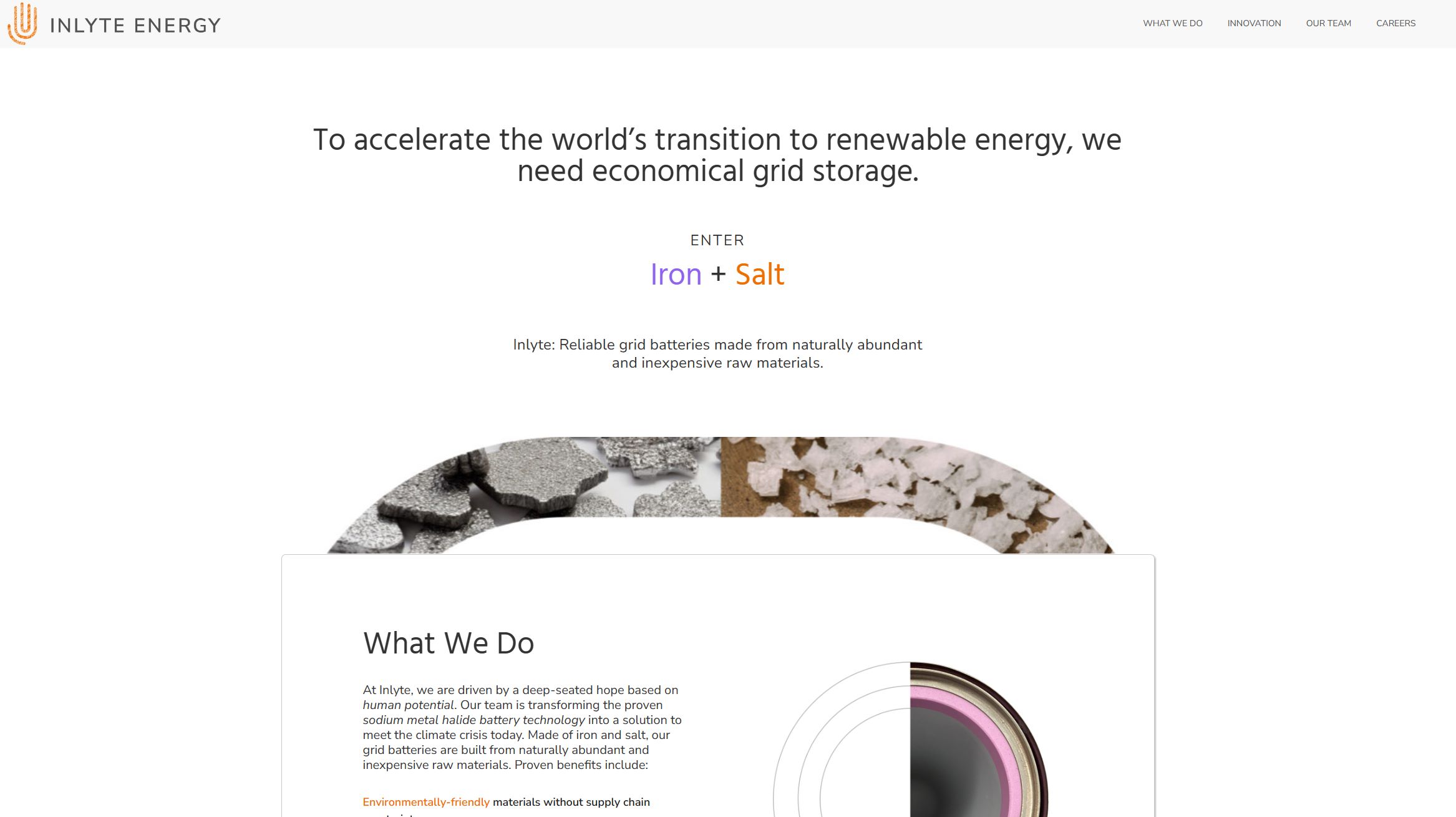Verkor, the French battery maker, recently made headlines by securing over €2 billion (approximately $2.1 billion) in funding for its upcoming gigafactory in Dunkirk. With an anticipated completion date of 2025 and an initial production capacity of 16 GWh/year, Verkor’s gigafactory aims to play a significant role in the future of batteries.
Key Takeaway
Verkor’s unprecedented funding for its gigafactory highlights the multifaceted nature of battery technology’s future. With a diverse range of applications beyond EVs and the need for extensive investment, it is clear that the future of batteries requires a comprehensive approach involving governments, corporations, and public-private partnerships.
Not Just Electric Vehicles
While electric vehicles (EVs) are a significant driver of the increasing demand for batteries, it’s essential to recognize that the future of batteries goes beyond EVs alone. The widespread adoption of renewable energy sources, such as solar and wind power, also relies heavily on battery technology. These batteries store excess energy generated during peak times and release it when needed, ensuring a stable and reliable power supply.
Verkor’s gigafactory will not only contribute to the production of batteries for EVs but also cater to the growing demand for renewable energy storage. This diversification of applications highlights the need for a comprehensive approach to battery technology, considering its potential impact on various sectors.
Investment Beyond Venture Capital
What sets Verkor apart is not just the massive funding it has secured, but also the diverse sources of those funds. While venture capital plays a crucial role in supporting innovative startups, the future of batteries will require more extensive investment from governments, corporations, and public-private partnerships.
Verkor’s funding comes from a consortium of partners, including financial institutions, industrial companies, and public stakeholders. This diverse mix of investors indicates a collective effort to accelerate the development and adoption of battery technology, recognizing its potential as a cornerstone of the green transition.
Sustainable and Scalable Solutions
With the urgency to address climate change, battery technology needs to be both sustainable and scalable. This means prioritizing the use of greener materials and manufacturing processes while ensuring the ability to meet the increasing demand for batteries in a rapidly evolving market.
Verkor’s gigafactory aims to align with these principles by implementing state-of-the-art manufacturing techniques and focusing on sustainable practices. The significant investment secured by the company reflects the shared commitment of its partners to developing responsible battery solutions that contribute to a more sustainable future.

























